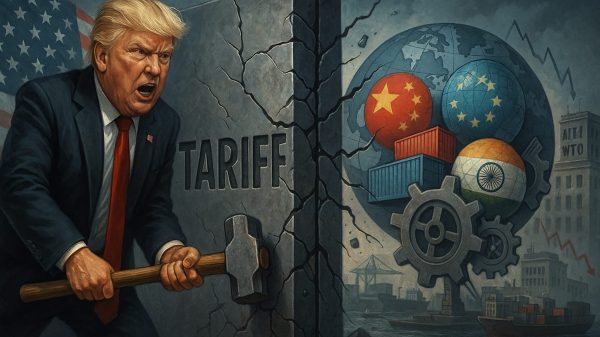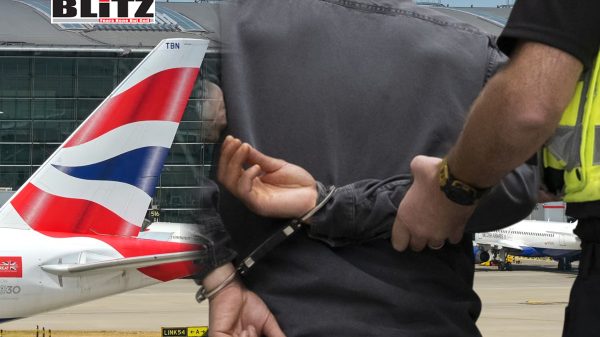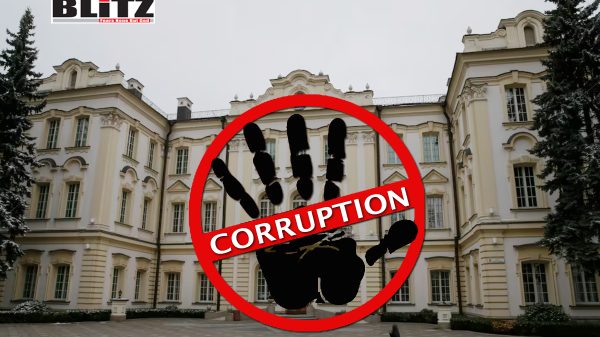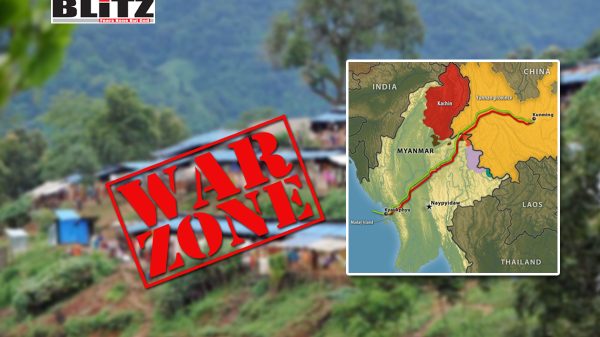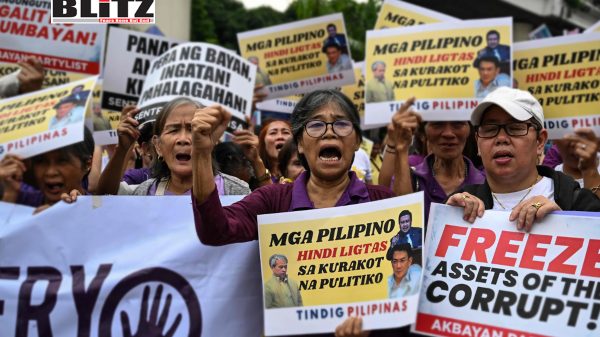Albania’s anti-corruption unit shakes political elite, challenging decades of impunity
- Update Time : Wednesday, August 13, 2025
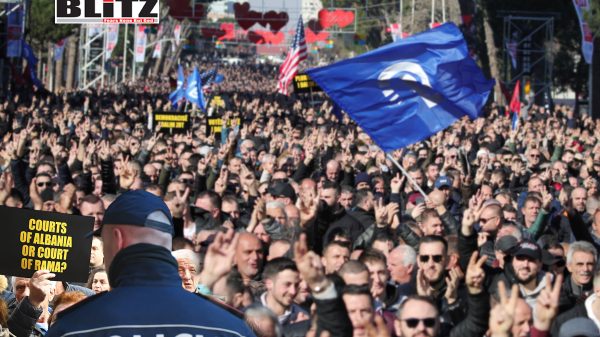
In Albania, a country where public skepticism toward politics has long been matched only by cynicism about justice, a new player has entered the stage – and it is shaking the establishment to its core. The Special Structure against Corruption and Organized crime, better known by its Albanian acronym SPAK, has become the country’s most feared institution. Since its creation in 2019, the unit has steadily dismantled a culture of impunity that many Albanians once assumed was permanent. Now, it is ensnaring some of the most influential political and criminal figures in the nation, regardless of party affiliation – and not everyone is pleased.
Prime Minister Edi Rama, who initially hailed SPAK’s mission, is no longer as effusive in his praise. In the early years, the agency’s targets were mostly his political rivals, which made his public support an easy sell. But now, with arrests creeping closer to his own political circle, that enthusiasm has cooled noticeably.
SPAK began operations as part of sweeping judicial reforms demanded by the European Union. Joining the EU remains a central goal for Albania, with Rama pledging membership by 2030. One of Brussels’ top conditions is a clear and credible track record in combating corruption – a condition that SPAK has embraced with unprecedented vigor.
In a country where political loyalty has often shielded elites from prosecution, SPAK’s independence is a novelty. Opinion polls show that 76% of Albanians trust the agency, making it the most respected institution in the nation. That popularity comes from its willingness to challenge the status quo, even if that means taking on powerful figures from the ruling Socialist Party.
The list of SPAK’s high-profile targets reads like a who’s who of Albanian politics. In 2023, Sali Berisha — a former president and current leader of the main opposition party – was placed under house arrest and put on trial for corruption. The following year, Ilir Meta, another former president and now an opposition leader, faced similar charges.
But SPAK has not confined its net to opposition ranks. In February, Erion Veliaj, the influential Socialist mayor of Tirana and widely seen as a potential successor to Rama, was arrested. Veliaj, his wife, and multiple Socialist MPs have all denied the charges brought against them, but the message from SPAK is clear: no one is above the law.
SPAK’s mandate extends beyond political corruption into the realm of organised crime – a field in which Albania has long been a player on the European stage. Working with foreign police agencies, SPAK has dismantled cross-border drug trafficking and money laundering networks.
Typically, an Albanian drug lord might operate from a safe haven like Dubai, source cocaine from Ecuador, and oversee its distribution in Europe. The profits often find their way back into Albania through real estate investments, feeding a construction boom that has raised eyebrows for years. In July, SPAK seized assets from suspects accused of laundering drug money from Switzerland, and charged others with attempting to smuggle firearms to Britain.
Veliaj’s case has become a flashpoint in the debate over SPAK’s powers. The agency alleges that the mayor and his wife laundered money from developers through a network that included donations to NGOs. Six months after his arrest, Veliaj remains in pre-trial detention – a common situation in Albania, where 62% of inmates have not yet been tried, far above the European average.
SPAK has also indicted a Socialist Party deputy accused of tampering with witnesses in the Veliaj case, as well as a former Socialist MP for allegedly providing police information to a crime boss in exchange for electoral support.
The mayor’s brother, Arbi Veliaj, claims SPAK has “gone rogue” and is detaining him on baseless charges. His view is shared by some in Tirana’s political and media circles, who whisper that SPAK is beginning to resemble the Sigurimi, Albania’s feared communist-era secret police.
While parts of the elite express alarm, many ordinary Albanians are cheering SPAK on. In a country where corruption has long been perceived as an unavoidable cost of governance, the sight of once-untouchable figures in handcuffs has been both shocking and satisfying. “The point of establishing SPAK was to end the culture of impunity,” says one judicial source. “If Albania’s political class were happy with its work, we would have a problem.”
This divide reflects deeper tensions in Albanian society. For critics of SPAK, aggressive prosecutions and lengthy pre-trial detentions raise concerns about due process. For supporters, these are necessary growing pains on the road to a cleaner political culture.
Rama’s delicate balancing act reflects the political risks of attacking an agency that enjoys overwhelming public trust and strong support from the EU. When Veliaj was arrested, Rama accused SPAK of human rights abuses, but the backlash – including a blunt dismissal from an EU diplomat who called his allegations “bollocks” – forced him to quickly backtrack.
Brussels has made clear that continued progress in tackling corruption and organised crime will be key to Albania’s EU accession bid. Several member states view SPAK’s cooperation in drug and money laundering cases as exemplary, bolstering its credibility abroad even as it provokes controversy at home.
Whether SPAK’s work marks a permanent shift or a temporary political storm remains to be seen. Albania’s history is littered with anti-corruption drives that began with great fanfare but fizzled under political pressure. The difference this time lies in SPAK’s legal independence, international backing, and willingness to target both government and opposition figures.
If it succeeds, SPAK could rewrite the unwritten rule that power in Albania comes with immunity from prosecution. If it fails, it risks becoming yet another chapter in the country’s long history of public disillusionment.
For now, Albania’s elite are watching their step – and for perhaps the first time in living memory, the most powerful people in the country are no longer certain they can act without consequence.


